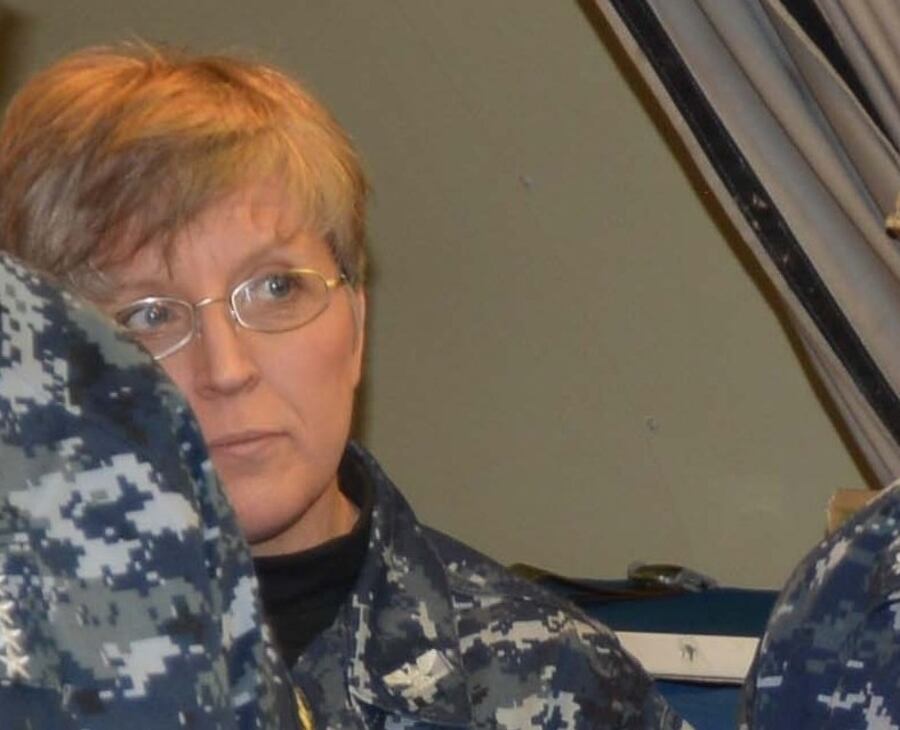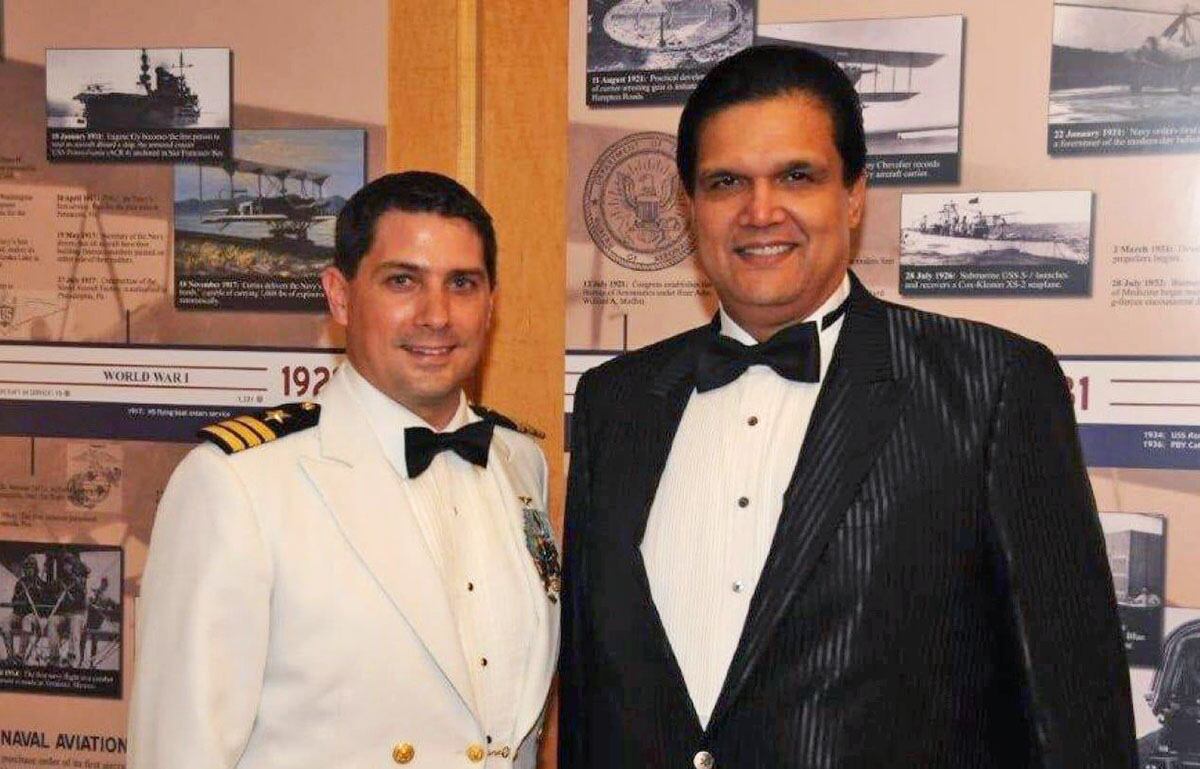A Canada-based defense company has agreed to pay $3.5 million to settle allegations that it “knowingly sold” defective helicopter landing systems for U.S. Navy warships.
Based in Ontario, Indal Technologies, Inc. produced the Recovery, Assist, Secure and Traverse, or RAST, system that has been attached to Arleigh Burke-class destroyers since the 1970s, according to an Oct. 15 settlement announcement by the U.S. Department of Justice.
RAST uses a device that locks a hovering helicopter onto a trolley and then guides it to the ship’s hangar but it must stay secured to track plates due to rough waves and high winds at sea, according to DOJ. And that’s why RAST systems require a specific type of steel that offers strength, corrosion protection and ruggedness.
“The settlement announced today resolves allegations that Indal, without informing the Navy, knowingly substituted a different, less expensive type of steel in numerous RAST system track plates delivered to the Navy,” according to the DOJ release.
The settlement agreement provided to Navy Times highlighted two contracts that ran between 1996–2004 and 2004–2006 that allegedly involved substandard steel.
RELATED

The federal government paid the company about $83.4 million over several years, according to the online Federal Procurement Data System database.
Jim Ryan — a spokesman with Curtiss-Wright Defense Solutions, Indal’s parent company — said the two contracts were performed "well before” Curtiss-Wright bought the firm.
Curtiss-Wright acquired Indal in 2015, according to the company’s website.
Ryan said the DOJ allegations never proved any law breaking or fraud "or that we put the safety of any of our armed forces at risk, as implied by their press release.”
“At the end of the day, we wanted to put this long-standing issue to rest, as did the DOJ,” Ryan added. “We settled this case to avoid the potential cost of litigation and disruption to the business.”
RELATED

The Naval Criminal Investigative Service began its Indal probe in 2013 after being told by an unnamed source that RAST systems on Navy warships were manufactured with “substandard materials that did not conform to contract requirements” from the mid-1980s to 2012, according to agency spokesman Ed Buice.
In the settlement announcement, NCIS special agent in charge added that fraud “is never a victimless crime.”
“This case of using inferior materials damaged the readiness of U.S. forces. The victims are not just our men and women in uniform, but all American taxpayers.”
Naval Air Systems Command officials did not respond to Navy Times questions about whether the steel used in the RAST system affected warship operations.
Geoff is the managing editor of Military Times, but he still loves writing stories. He covered Iraq and Afghanistan extensively and was a reporter at the Chicago Tribune. He welcomes any and all kinds of tips at geoffz@militarytimes.com.



